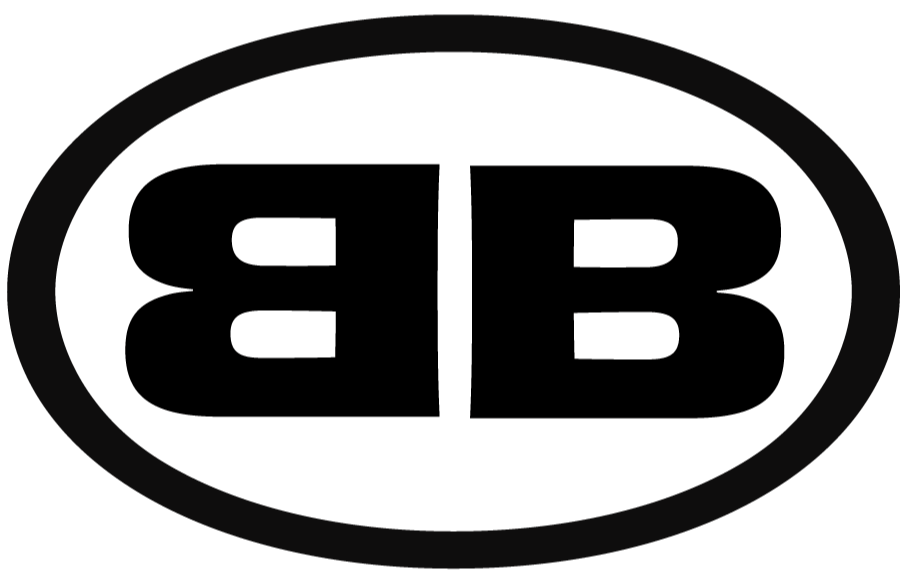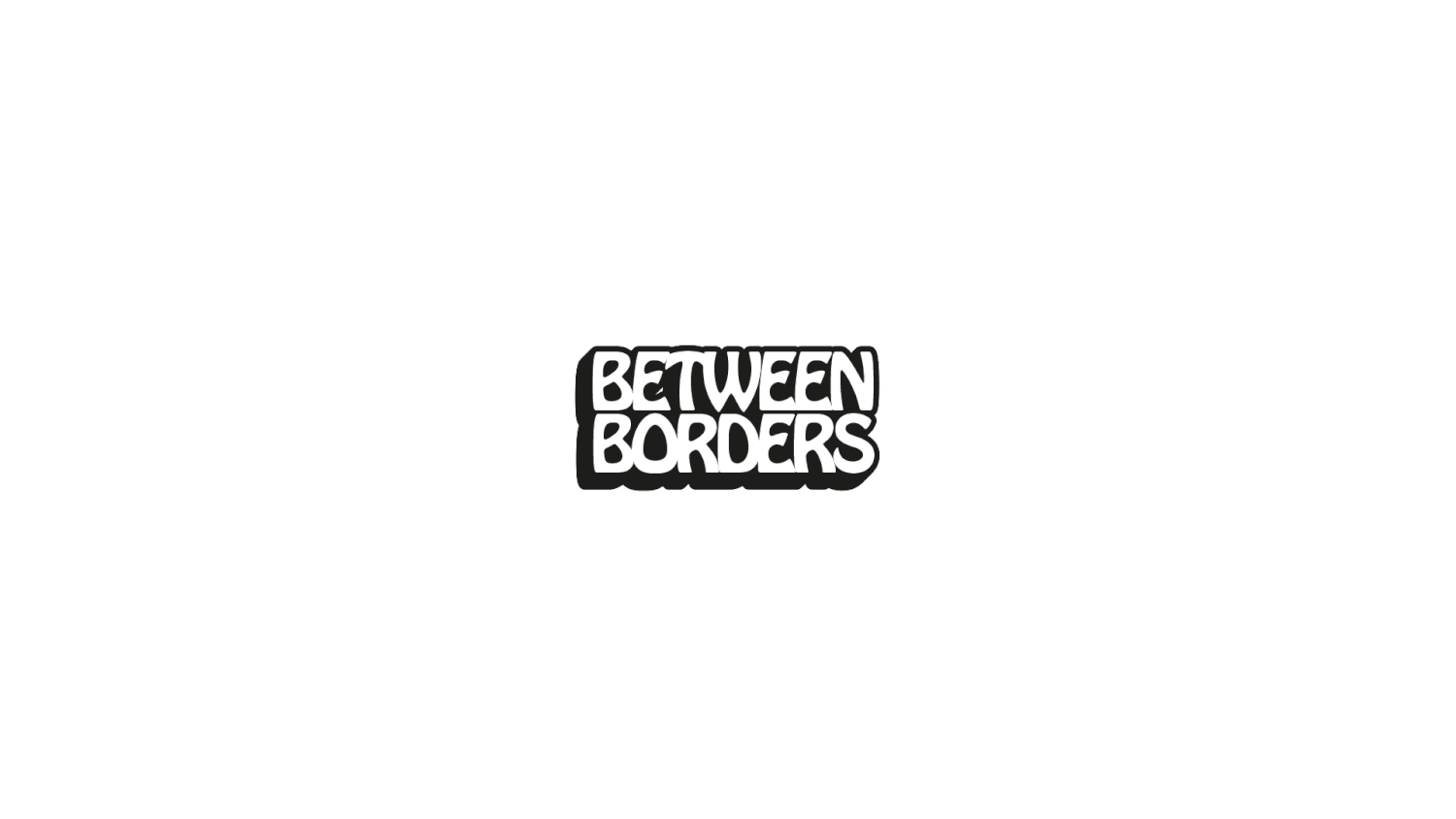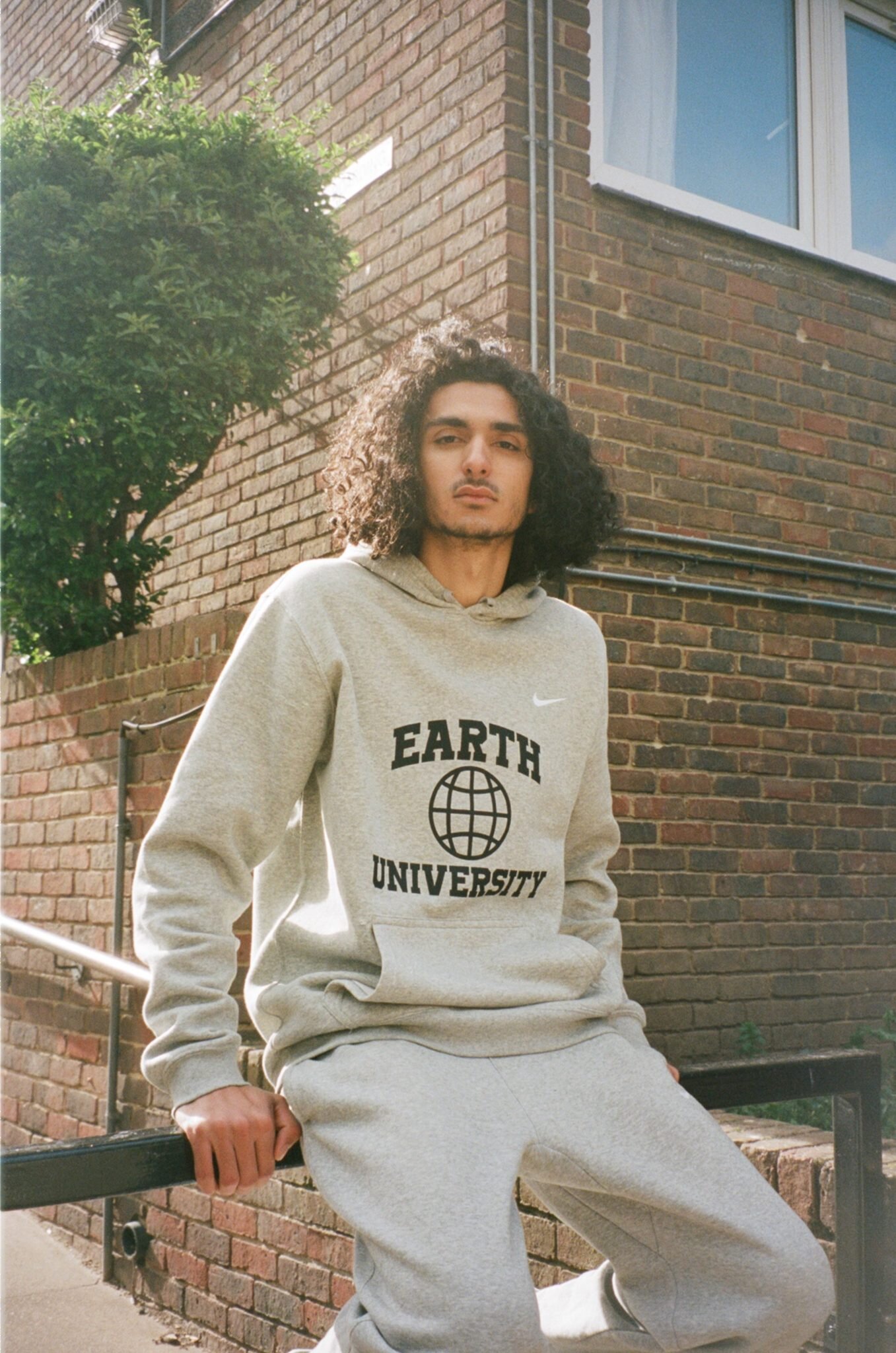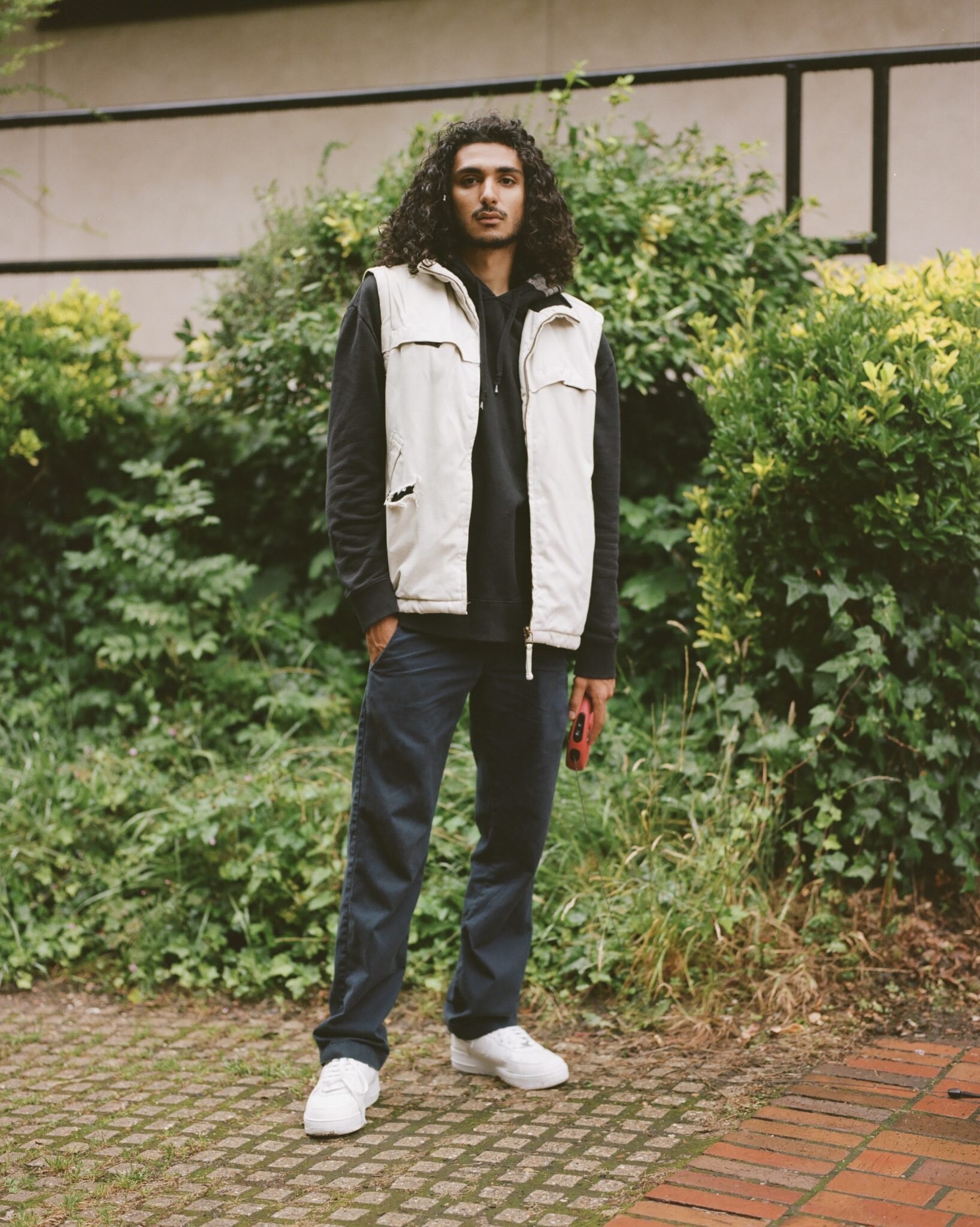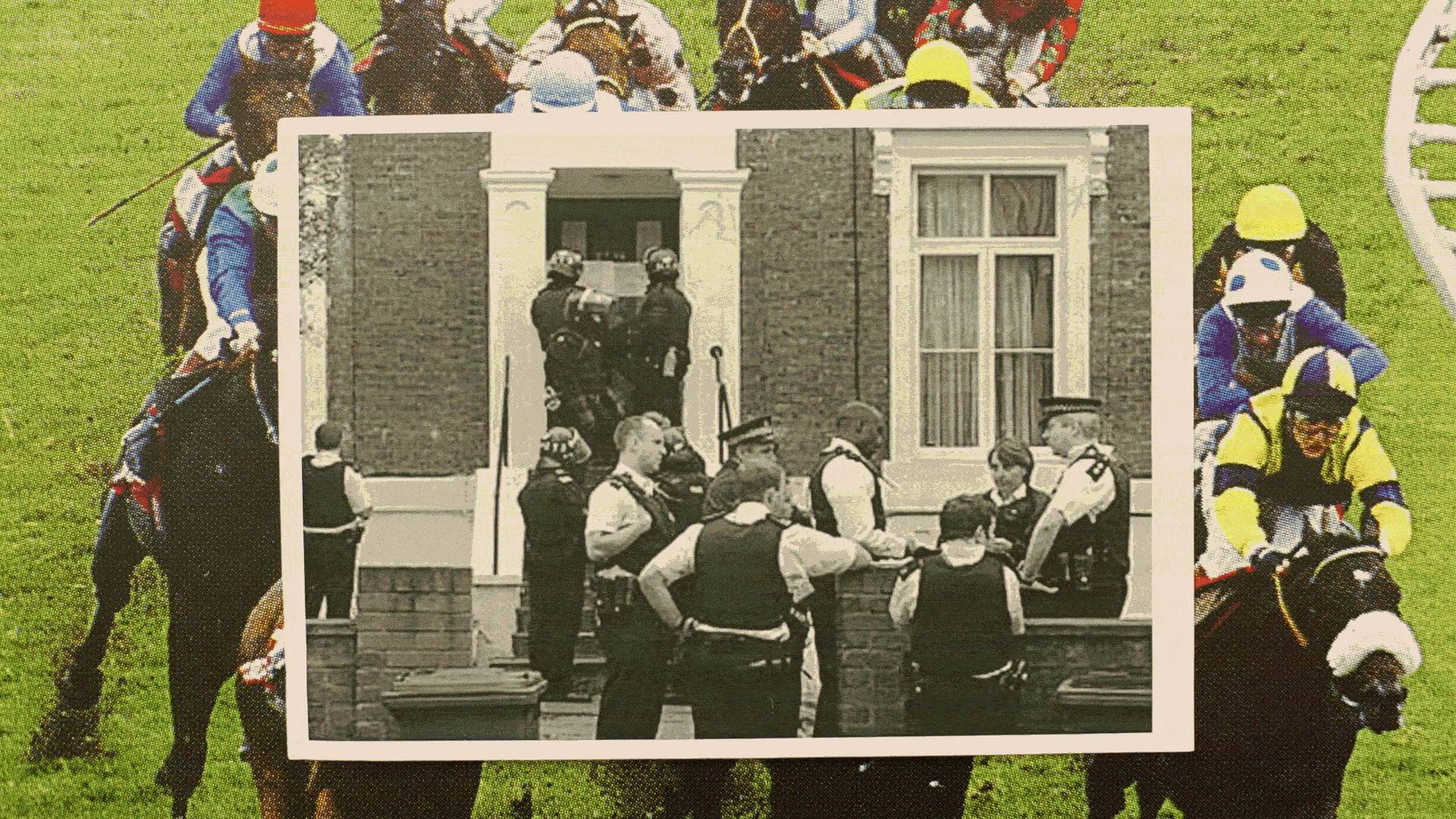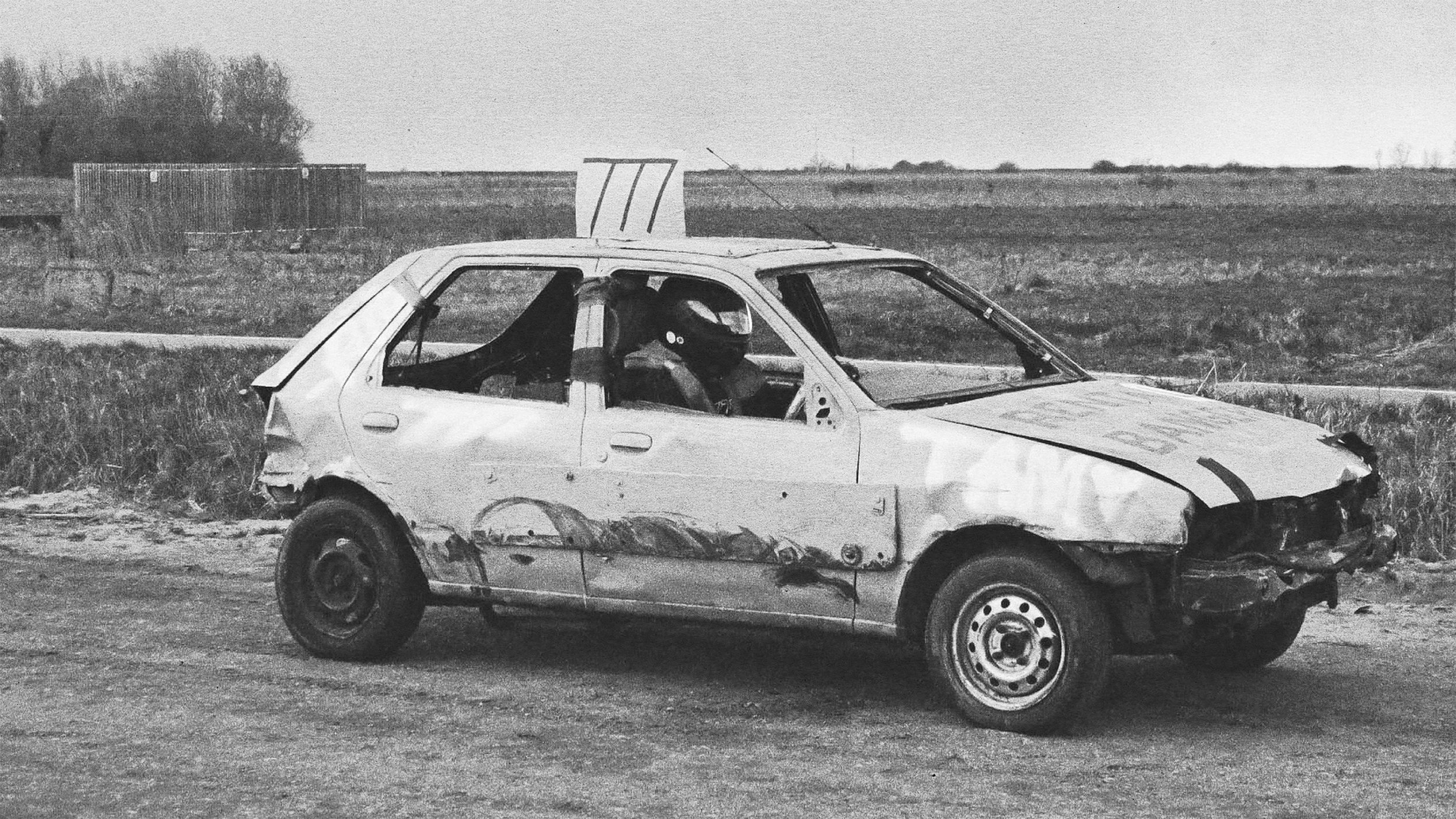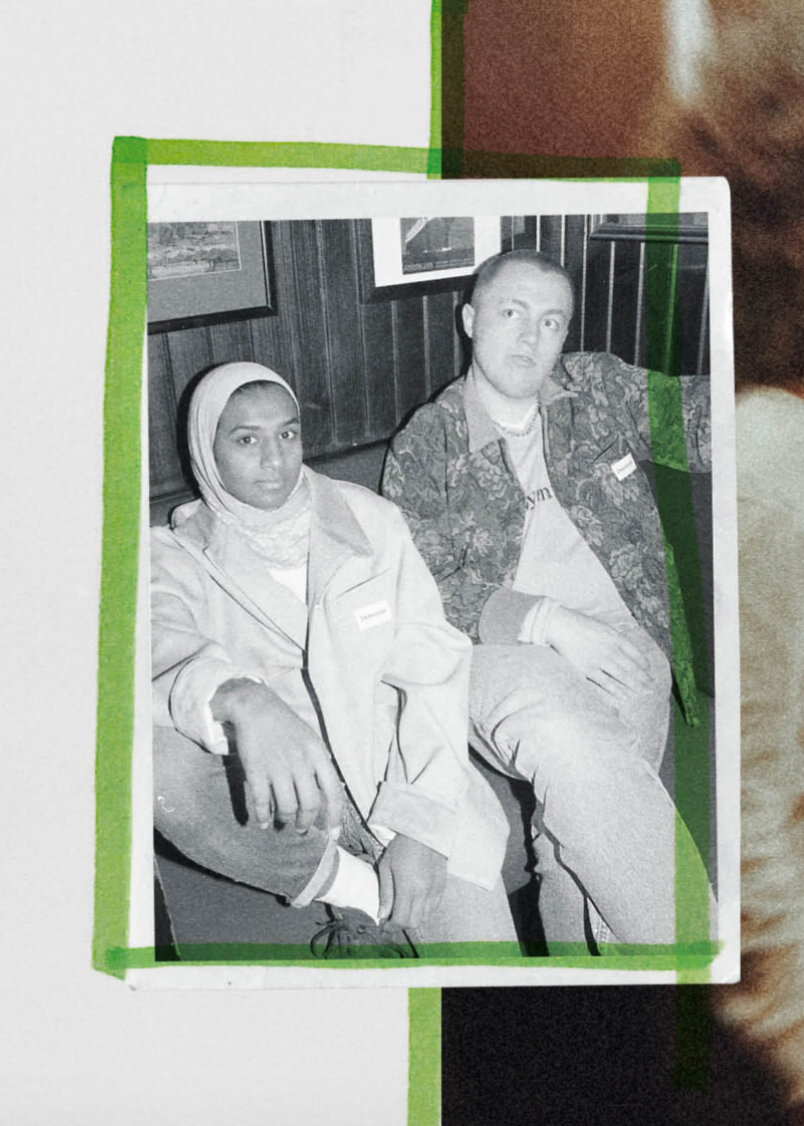YOUNG BRITS DOING BITS: OSQUELLO
Music
YOUNG BRITS DOING BITS: OSQUELLO
For many artists lockdown has been a battle with sanity, attempting the impossible: staying motivated and finding inspiration whilst life is indefinitely on hold. For Osquello, lockdown served as the perfect timing to release his debut album. Osqstock, is a project that was 6 years in the making, 6 years of patiently developing his work and honing his craft, it’s an expression of himself and an extension of his identity. Whilst not explicitly, his music serves as a tool to navigate his identity crisis, he speaks of the confusion that comes from straddling both sides of a mixed-race upbringing. We caught up with Osquello to learn about his approach to music, the importance of patience and what it’s like growing up mixed-race in Britain today.
Words:
Luc Hinson
Imagery:
Tom Shotton, Alex Galloway, Frank Rodriguez, Bali Ambida & Brian Nasty
BB: As an artist how did you get involved with music in the first place?
O: When I was around 13 years old, I started watching my dad dj a lot. He was a DJ and produced on a couple of programs like reason and logic, I just heard him play music all the time. I was around his equipment from a young age, be it a little midi keyboard or whatever and I just got into it slowly from there. As I got a bit older I started going to youth clubs in Old Street and meeting other musicians similar to me and that built the connection as I grew up.
BB: So a close family tie started it all for you?
O: Definitely, even when I stopped living with my dad and was back in going to the studio with my friends it was always at a youth club with close friends who I would consider family. It all comes from a wholesome place for me.
BB: Who or what are your biggest sources of inspirations when writing a song?
O: I think a lot of the time it’s from my own personal experiences and generally what I’m feeling. For example this album Osqstock, there’s a theme that surrounds the album it’s about writing my personal experiences from the perspectives of other people. I’m very inspired by songwriters who can just tell stories, David Bowie, Damon Albarn, Tyler The Creator – people who can write from a different perspective, I find that very interesting. I think it’s a challenge to do that, you can really excel and enhance the power of your writing working in that way.
BB: Osqstock, is a project that was 6 years in the making, what was the process like of developing an album over that length of time?
O: I always had this idea of the theme of Osqstock, it’s a rendition of Woodstock but instead it’s where I base all my ideas, it’s my world. A world set in a carnival, festival type of place with different attractions which are reflected in the songs or the artwork that surrounds the album. It began in 2014 when we first started writing a couple of songs, and every year since I made tracks thinking I was going to start Osqstock this year but it never happened until last year when I finally started putting the tracklist together. I think, because I had the theme ready for so long, since I was 14 it had to be perfect. It had to be at the right time and every song had to come together. Instead of forcing it like I used to, it gradually came through the process of practicing and delving into the theme over time.
BB: Why did you decide to release the project now? Did you face any challenges pulling it together during lockdown?
O: Before lockdown happened I was going down the traditional campaign route, talking to people about teasing releases and singles. Then, lockdown came and I thought you know I’ve had this tracklist ready for a while and no deals are going to be coming. I was talking to a few people but I was waiting for so long and the music was ready, the artwork was ready, the videos I’d made with my friends were ready. I realised it was a real reflection of this independent journey and how through all these years I was looking for the perfect placement for Osqstock, but though my own experiences and getting to the point I am now, I realised I didn’t need a label or a distributor to push the album. Everything in that album is a natural response and process of my own independent journey. There was a feeling inside me that this just needed to be out and I couldn’t go against that anymore.
“
I THINK, BECAUSE I HAD THE THEME READY FOR SO LONG, SINCE I WAS 14 IT HAD TO BE PERFECT. IT HAD TO BE AT THE RIGHT TIME AND EVERY SONG HAD TO COME TOGETHER. INSTEAD OF FORCING IT LIKE I USED TO, IT GRADUALLY CAME THROUGH THE PROCESS OF PRACTICING AND DELVING INTO THE THEME OVER TIME.
PHOTOGRAPHY: ZAINEB ABELQUE
“
MUSIC IS AN EXPERIENCE OF CONTINUALLY LEARNING RATHER THAN JUST PROVING HOW TALENTED YOU ARE.
BB: What are the biggest challenges you face as an independent artist?
O: I think it’s the fact you get undermined a lot. If I go to meetings with a label, because I’m independent and I don’t have a manager, it looks bad to them because I don’t have a team. Which is fair enough and I accept that, but I think the overall point is independent artists get undermined a lot. It’s like if you don’t have a team you haven’t got the same level of experience or talent as someone who does. Which is mad because I know people who are signed to labels and get the same opportunities and bookings as me. It’s not to say I’m doing exactly what a label can do, but I’m in a separate lane that needs to be respected.
Also another big thing is this constant pressure to be part of a scene, as an independent artist you feel more connected and driven towards doing that. Obviously you find comfortability in finding people who are doing the same thing as you, but for me it becomes a big ego competition where everyone is posting the same things and supporting the same people, it becomes one big hub where no one in particular is shining through. There needs to be hubs for independent artists, to do things their own way and not have to rely on other people to get big. We need to listen to musicians for the sake of musicians not just because they’ve done a feature with this person or because they’re signed to that label.
BB: What piece of advice would you give to an independent artist setting out on their journey?
O: I think the two main things you need to do are to stay as honest as possible. At any point where you’re going to have an ego boost, remember to check yourself, bring yourself back down to earth. There are always going to be high points and moments of success but it’s necessary to pinch yourself and reflect on what you’ve done and how you can improve on that. Music is an experience of continually learning rather than just proving how talented you are.
The second piece of advice is about the importance of collaboration. it doesn’t need to be collaborations on releases, it’s learning, it’s the experience of making music with other people. It can even be people from other scenes and genres. Regardless of releasing it can teach you so much about how you can drive your sound and develop your music. A lot of people see collaboration as being conducted in formal emails but it’s not about that. Hit up the person you love, show them love, show love to every musician you’d like to work with, it’s a nice way to build up yourself and have a reputation that precedes you.
BB: Is that something that comes with being an independent artist? More flexibility with approaching collaborations?
O: 100%. People I know on labels, they get managers booking them in for times in the studio with particular people in specific time slots, they don’t get to know the artist they are working with before recording a track. For me I’ve always said, I need to get to know the person I’m working with, at least a couple of conversations or a drink with them as I need to know how we’re going to connect as people and if it’s going to be a long term relationship. I’d rather not just make a tune with someone and never speak to them again, I like forming long term relationships with people, it can be so beneficial to both of you, now but also down the line.
BB: Is there anything you can point to in your 6 year process of developing Osqstock that changed in you and your approach to music?
O: I learned how to collect all my different musical ideas that have been rejected a lot. People would often tell me that when I compiled songs that every song was too different. Instead of going with what they said and making an EP where every song sounds the same, I took that on board and understood that people want a common running theme across an album. I stayed with that idea of blending, but I needed to stay put with the theme of Osqstock and not get distracted from it. I needed to give myself a challenge to make something cohesive and recognisable as my sound. At first, I wanted to do everything but now I collect my ideas and let them sit for a while. I learned to be a lot more patient with my music, you don’t need to rush it, but you need to keep challenging yourself.
“
AT FIRST I WANTED TO DO EVERYTHING BUT NOW I COLLECT MY IDEAS AND LET THEM SIT FOR A WHILE. I LEARNED TO BE A LOT MORE PATIENT WITH MY MUSIC, YOU DON’T NEED TO RUSH IT, BUT YOU NEED TO KEEP CHALLENGING YOURSELF.
BB: What do you get out of music as an artist?
O: Music is 100% my form of mediation without a doubt. Whenever I’m making music I lose sense of everything in the outside world and just black out. It’s a really good form of meditation for me, it feels natural, it’s doing what I have been influenced to do. It comes naturally and relaxes me, it takes me into another space.
BB: What does home mean to you?
O: That’s a tough one, home means family, comfortability, ease, peace but also confusion and identity crisis. Those are the main words I think of.
BB: Talk to me a bit more about identity-crisis and confused?
O: I grew up in a white household all of my life, my dad is Mixed-Caribbean and so the lifestyles were very different when I’d go and stay with my dad on the weekend. During the week, I’d go back home to North London the atmosphere in each house was very very different. On the first day at my dads, I would feel a bit off, I wouldn’t be used to life there, but by the weekend I wouldn’t want to go back. Then when I got home I would feel a bit sad but then as the week passed by I’d realise how lucky I was to be in that sort of a household that could just provide for me.
I think especially in my first few years at high school, at a predominantly white, catholic, all-boys school, being mixed I was so confused about who I was and what point to relate to. You can look so many different ways, you’re exposed to so many people with different thoughts and perspectives. I never really knew which side I related to.
BB: Is your identity reflected in your music?
O: I don’t think there’s a cultural element to my music that represents my ethnicity, but I think that is a representation of my identity crisis itself. My music is very fluid and open and just a mix of sounds, in terms of my music it’s in the sound and my influences but it’s subtle. My music is a reflection of my confusion.
BB: What are your hopes for the rest of 2020?
O: I mean it’s a shame the album was released during the pandemic but like I said, it was a natural feeling and I felt I had to do it then. We’ll be working on some vinyls and merch and shooting a few more music videos to capture the aesthetic and visual side of this story a bit more. I want to do an Osqstock festival too eventually, to bring everything all together in a physical version of my world.
Instagram: @Osquello

